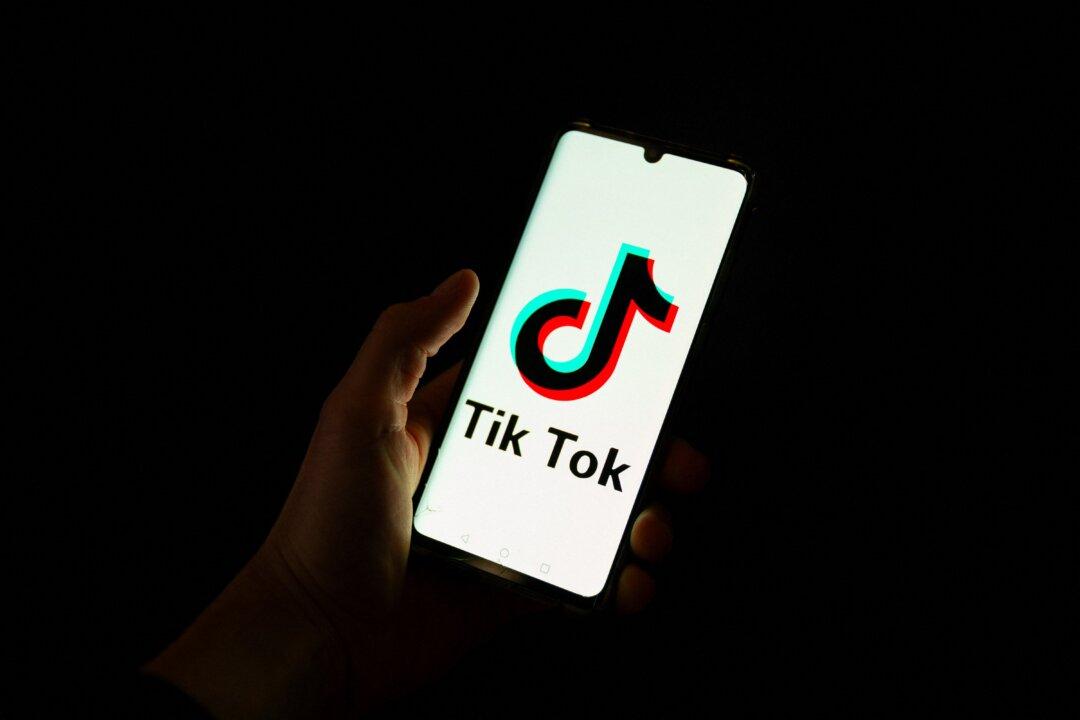Popular short-form video hosting app TikTok is “a Trojan Horse” used by Beijing to both access and influence Western democracies, according to an Ottawa-based think tank.
TikTok has become one of the world’s most popular social media platforms since its 2016 release by China-based parent company ByteDance, but a new report from the Macdonald-Laurier Institute says it is a “strategic tool” being used by the Chinese regime to “advance its political narratives and strategic agendas.”





